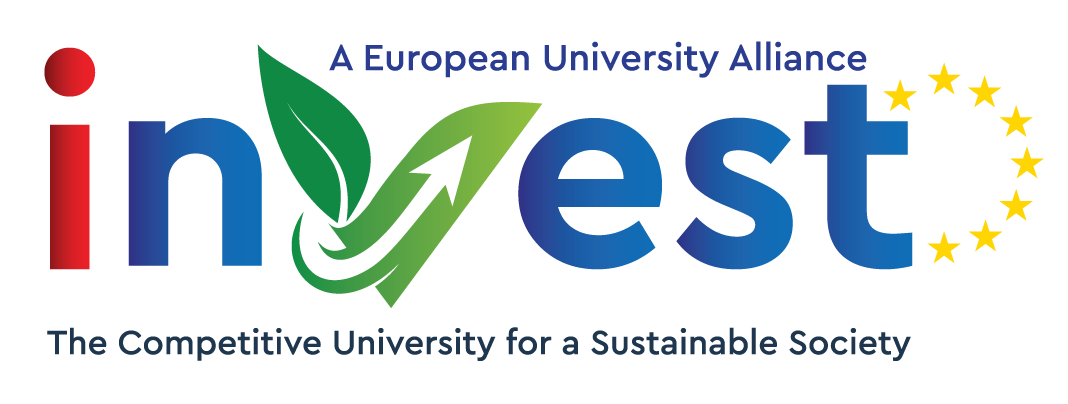ADAPTING LAND AND WATER MANAGEMENT TO CLIMATE CHANGE
Adapting Land and Water Management to Climate Change
Climate change, as used in everyday speech, refers to global warming's effects on the planet's climate system as well as the continuous rise in the average world temperature. Fossil fuel consumption, deforestation, and various industrial and agricultural practices all contribute to the present, rapid rise in average global temperature.
This specialization primarily deals with the way how our society can respond to this. This can be executed in a variety of ways, from various sectors (i.e., infrastructure, spatial planning), in various areas (urban and rural) and at a different scale (global and local). Apart from these differences in approach, the common objective in this specialization is to provide an overview of a variety of innovative methodologies that can be implemented to mitigate the negative effects on the regions due to climate change, and to what extent these techniques contribute to this mitigation.
INVEST takes the opportunity to address the aforementioned issues of critical significance and provide to international students the chance to work on these wicked problems via a broad course set and field work.
This specialization first provides a general spectrum of all aspects of environmental issues that are affected by climate change both at global and at local level. After this general introduction specific modules provide more in- depth knowledge on the following:
• Climate change and impact to the environment: an introductory module that deals with a general approach to the impacts of climate change on different sectors of society including human health, water, food, environment, and other social aspects.
• Water management as a tool to address climate change: Given the climate change, the water resources all over the world have been drastically placed under a stressed condition, which is evident from the uneven weather patterns, droughts, floods, and cloud bursts. This module deals with most related issues related to water management due to climate change such as (a) Water management under climate extremes/change (b) River restoration (c) River rehabilitation (d) Freshwater ecosystem conservation (e) Environmental flows (f) Water supply to be some of the most important ones
• Climate change impacts to rural and urban development: which deals with the most important anthropogenic influences on climate such as changes in land use, urbanization of rural areas and agriculture. Furthermore, this module intersects the distinctive bio-climatical and environmental factors in relation to rural areas. The outcome are various strategic plans for urban and rural development considering the impact of climate change.
• Infrastructure adaptation and resilience to climate change: which mostly tackles the climate resilience within the built environment as well as the energy and transportation infrastructure. Additionally, special attention is being paid to the EU climate action plan and best practices of climate change adaptations in the infrastructural sector.
• Policy making and transitions due to climate change: which deals with the outcomes of the stress test in a region and compare situations where transition policies are brought in due to climate regulations. This is also consistent with the region’s economy-wide stress thus multicriteria decision-making needs to be performed to adapt new policies that affect the regions at stake.
• Greek language and culture: a short in period introductory course in Greek language and culture
• Final thesis:
After the specialization you will have gained insight in the functioning of different landscapes and ecosystems, understand the challenges that are related to them and master the skills to adapt these to the new climate conditions.
1 study year, 60 ECTS
Specialization program coordinator: Nicholas Samaras , Email: nsamaras@uth.gr ,Phone:+30 2410684399



